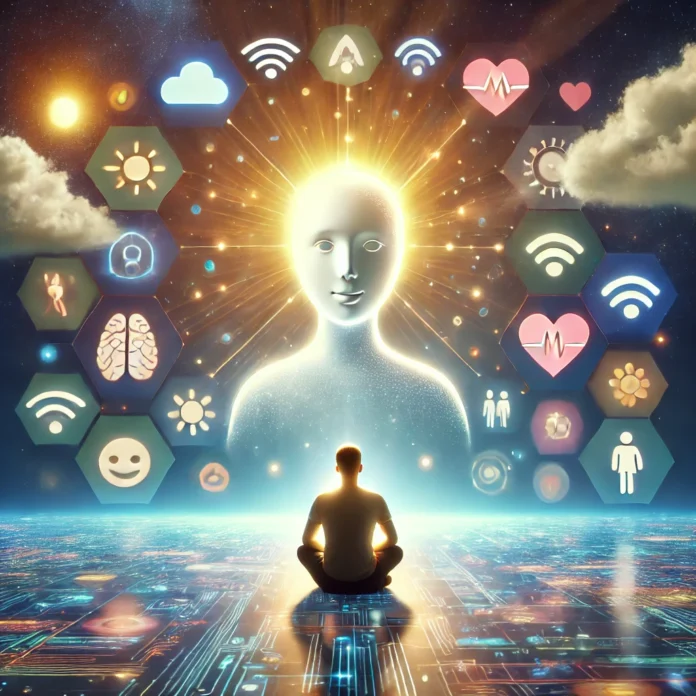Integrating Artificial Intelligence (AI) in psychological therapy is transforming how individuals access mental health support. Among the most impactful innovations are AI-powered mental health chatbots, which provide accessible, affordable, and scalable solutions for managing emotional well-being. These tools are designed to offer users techniques like Cognitive Behavioral Therapy (CBT), mindfulness, and stress management through empathetic, real-time conversations.
24/7 Accessibility and Affordability
One of the most significant advantages of AI-powered chatbots is their round-the-clock availability. Unlike traditional therapy, which often requires appointments and can be costly, these chatbots are available anytime, making them ideal for individuals with busy schedules or those in crisis. Platforms such as Woebot, Wysa, and Replika are leading examples of AI tools that bridge the accessibility gap in mental health care.
- Woebot utilizes evidence-based techniques like CBT to help users identify and manage negative thought patterns. With a conversational and friendly tone, it offers tools for dealing with stress, anxiety, and depression.
- Wysa combines AI with human expertise. It begins with an AI-guided conversation to assess users’ mental state and offers coping strategies, including guided meditations, journaling prompts, and mood tracking. For those who need more, Wysa connects users with licensed therapists for human intervention.
- Replika serves as a conversational AI companion, offering empathetic dialogue designed to help users feel less lonely and more supported. While not explicitly a therapy chatbot, it is widely used for emotional well-being and stress relief.
Personalized and Empathetic Support
AI mental health chatbots use machine learning to personalize their interactions based on user responses. By analyzing conversational data, these tools adapt their language and recommendations to suit individual needs, creating a sense of empathy and understanding. While they lack true human emotion, advancements in Natural Language Processing (NLP) allow chatbots to recognize emotional cues such as sadness or frustration in text, tailoring responses accordingly.
For instance, Woebot offers humor and casual language to build rapport with users, making the interaction feel less clinical. Similarly, Wysa asks open-ended questions and offers reflective responses, encouraging users to explore their emotions more deeply.
Bridging the Gap in Mental Health Care
Mental health care often suffers from barriers such as stigma, long wait times, and a shortage of qualified therapists. AI chatbots address these issues by providing a low-pressure environment for users to discuss their concerns anonymously. This anonymity reduces stigma and makes it easier for individuals to seek help.
Moreover, these tools can serve as an entry point for those unsure about traditional therapy, offering support while guiding users toward professional help when necessary. Wysa, for example, flags cases that require human intervention and connects users to licensed therapists for additional support.
Limitations and Ethical Considerations
Despite their potential, AI mental health chatbots are not substitutes for professional therapy. They cannot handle severe mental health crises or provide the nuanced understanding a human therapist offers. Ethical concerns, such as data privacy and the risk of dependency on AI tools, must also be addressed to ensure safe use.
Conclusion
AI-powered mental health chatbots like Woebot, Wysa, and Replika are transforming mental health care delivery. By offering affordable, accessible, and personalized support, these tools bridge gaps in traditional mental health care. While they are not a complete replacement for professional therapy, they are vital to making mental health resources universally available.





